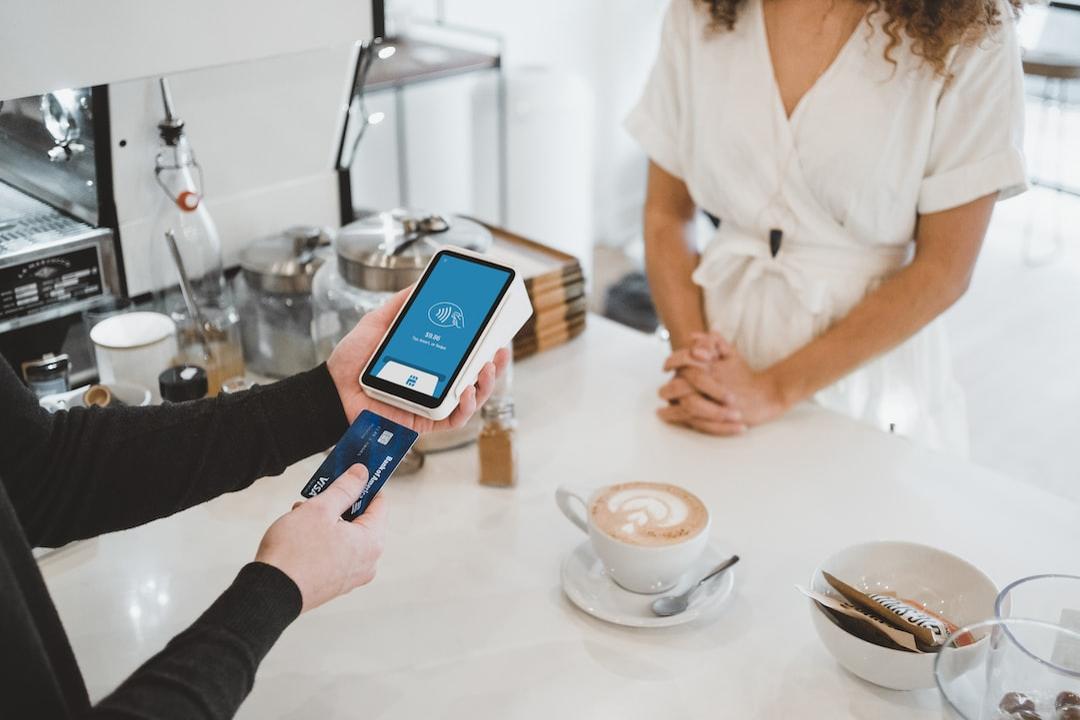The Perils of Using Public WiFi for Cryptocurrency Transactions
In the modern era of technology, public WiFi networks have made it convenient for individuals to access the internet in various locations such as cafes, airports, and other public spaces. However, for those involved in cryptocurrency transactions, these networks can pose significant risks. Understanding the potential dangers of public WiFi is essential to safeguarding your digital assets.
The Risks of Public WiFi Networks
Public WiFi networks are known for their inherent lack of security measures, particularly when it comes to encryption. This vulnerability makes it easier for cybercriminals to intercept data as it is being transmitted. When you connect to a public WiFi network, all the information you send and receive, including cryptocurrency transactions, can be at risk of being accessed by hackers.
Man-in-the-Middle Attacks: A Common Threat
One of the most prevalent dangers associated with public WiFi networks is the risk of a Man-in-the-Middle (MITM) attack. In this type of attack, a hacker can intercept the communication between your device and the internet, potentially gaining access to sensitive information such as private keys, wallet addresses, and passwords. This unauthorized access can result in the compromise of your cryptocurrency wallets and accounts.
Beware of Rogue Hotspots
Hackers often create rogue WiFi hotspots with names similar to legitimate networks to deceive users into connecting to them. Once connected, these fake hotspots can monitor your online activities and capture sensitive information. This tactic is frequently used in phishing attacks, where hackers replicate legitimate websites or services to steal login credentials.
Best Practices for Secure Crypto Transactions
To enhance the security of your cryptocurrency transactions while using public WiFi networks, consider implementing the following best practices:
1. Use a VPN: Employ a Virtual Private Network (VPN) to encrypt your internet connection, making it harder for hackers to intercept your data. Always opt for a reputable VPN service when accessing public WiFi.
2. Enable Two-Factor Authentication (2FA): Add an additional layer of security to your crypto accounts by enabling 2FA. This extra verification step makes it more challenging for hackers to gain unauthorized access.
3. Avoid Sensitive Transactions: Refrain from accessing your cryptocurrency wallets or conducting transactions over public WiFi networks. Instead, use a secure and private connection.
4. Use Mobile Data or Personal Hotspot: Consider using your mobile data or a personal hotspot for secure internet access while on the move.
5. Keep Software Updated: Regularly update your device’s software to protect against known vulnerabilities and ensure you have the latest security features in place.
By adhering to these security measures, cryptocurrency users can significantly reduce the risk of cyberattacks and safeguard their digital assets.

